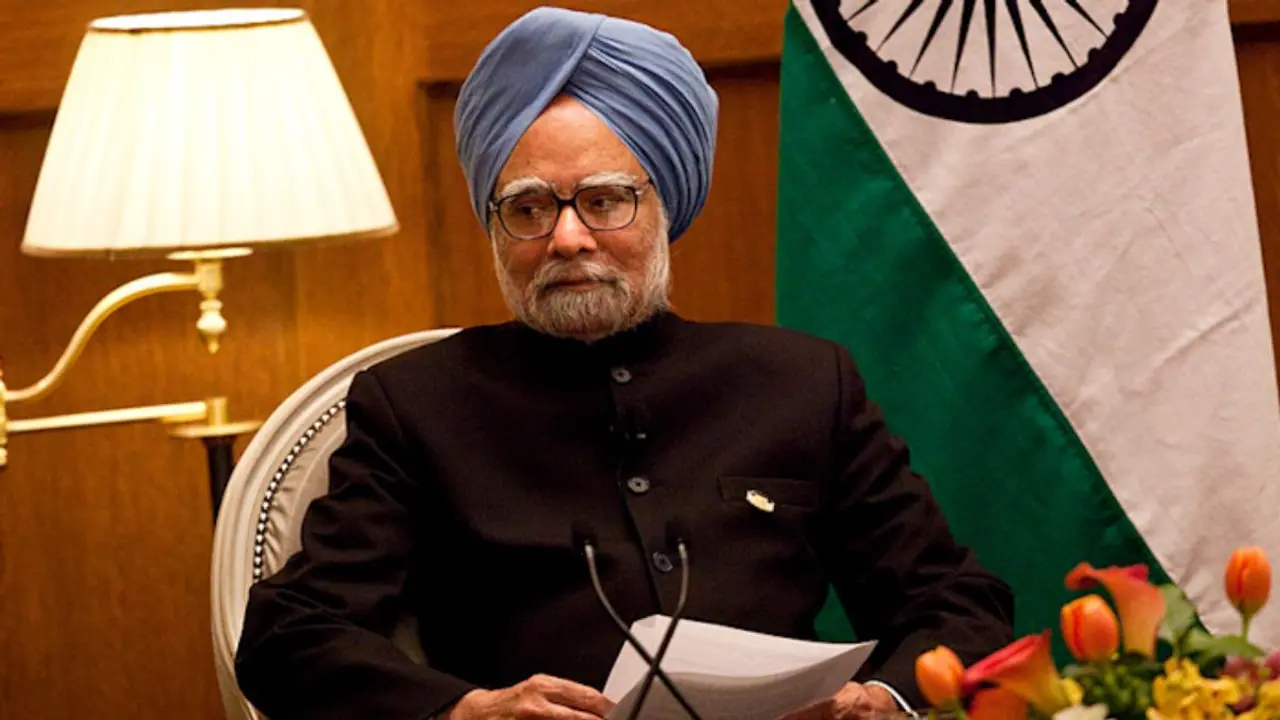Manmohan Singh's foreign policy legacy includes the India-US civil nuclear deal, strengthening ties with Russia and Japan, and navigating complex relationships with China and Pakistan.
New Delhi: Former Prime Minister Manmohan Singh breathed his last on Thursday evening at Delhi-based All India Institute of Medical Science (AIIMS). Singh rose to become the country’s 13th prime minister in 2004 after the Congress party ousted BJP-led NDA government under Atal Behari Vajpayee.

In his 33 years of service to the nation, Dr Manmohan Singh will not be only known for pulling India out of brink of bankruptcy, opening the doors for the foreign investment and eliminating the permit or licence raj, but he will also be known for shaping India’s external relations that the next generation will surely be reaping.
Despite being born in Pakistan (undivided India), Manmohan Singh never visited to the country even after being in power for 10 years.
Let’s analyse his legacy in the field of foreign policy:---
After the successful nuclear exploration at Pokhran in 1974 and 1998 under the Indira Gandhi and the Vajpayee government, respectively, India was isolated from the world trade by the nuclear suppliers group that include the United States, the United Kingdom, France and Canada among others.
In 2004, Manmohan Singh became the prime minister and the next year, India and the United States signed an agreement on nuclear energy cooperation. The United Kingdom, France and Canada also moved in the same direction.
Despite alliance partners threat of withdrawal of support --- the Left (CPM, CPI and others), Manmohan Singh went ahead and inked the civil nuclear deal with the US in 2008, ending India's nuclear isolation and strengthening strategic ties, especially in high-tech and defense sectors.
New Delhi also got a number of special wavier from the Nuclear Suppliers Group, a de facto recognition to India as a nuclear power.
China
During his tenure, India and China signed three agreements on confidence building measures (CBMs) to maintain status quo along the line of actual control. These CBMs are --- “Protocol on Modalities for the Implementation of Confidence Building Measures in the Military Field Along the Line of Actual Control in the India-China Border Areas” in 2005, Working Mechanism for Consultation and Coordination on India–China Border Affairs (WMCC) in 2012 and Border Defence Cooperation Agreement in 2013.
In 2013, India cancelled liberalised visa agreement with China as a mark of protest against China issuing stapled visas to two Indian archers from Arunachal Pradesh.
In 2013 itself, Chinese People’s Liberation Army’s (PLA) platoon-sized contingent made incursion and sat in the dry riverbed of Raki Nala in the Depsang Bulge area. Indian Army troops responded and established a camp 300 meters away.
The two sides negotiated and the dispute was resolved in a month time.
In 2006, the Nathu La Pass, which was closed after Sino-India war of 1962, was opened in 2006. However, the agreement was signed between two countries in 2003, when Vajpayee was the prime minister.
Russia
During his regime, the bilateral relations with Russia elevated to Special and Privileged Strategic Partnership.
The two countries agreed to strengthen multilateral export control regimes as important components of the global non-proliferation regime. Russia took into positive consideration India’s interest in full membership in MTCR and Wassenaar Arrangement.
Pakistan
Manmohan Singh began a number of initiatives to build trust and maintain peace between two countries, including a composite dialogue process, cricket diplomacy, bus service between Srinagar and Muzaffarabad.
These all failed as the Pakistan continued to extend support to terrorists and its outfits. 26/11 Mumbai terror attacks was the watershed moment in India-Pakistan relations as it shocked not only the Indians but the entire international community.
Quad alliance
It was during his tenure in 2007, while addressing the Indian Parliament the then Japanese Prime Minister Shinzo Abe proposed the idea of the Quad. Manmohan Singh government inked a strategic partnership agreement and a free trade pact with Japan.
His government also assisted Bhutan, Nepal, and the Maldives in setting up democracies. With Bangladesh, the cooperation got a boost with Sheikh Hasina coming to power in 2009.
Dr Manmohan Singh, who was 92, is survived by his wife Gursharan Kaur, and three daughters.
